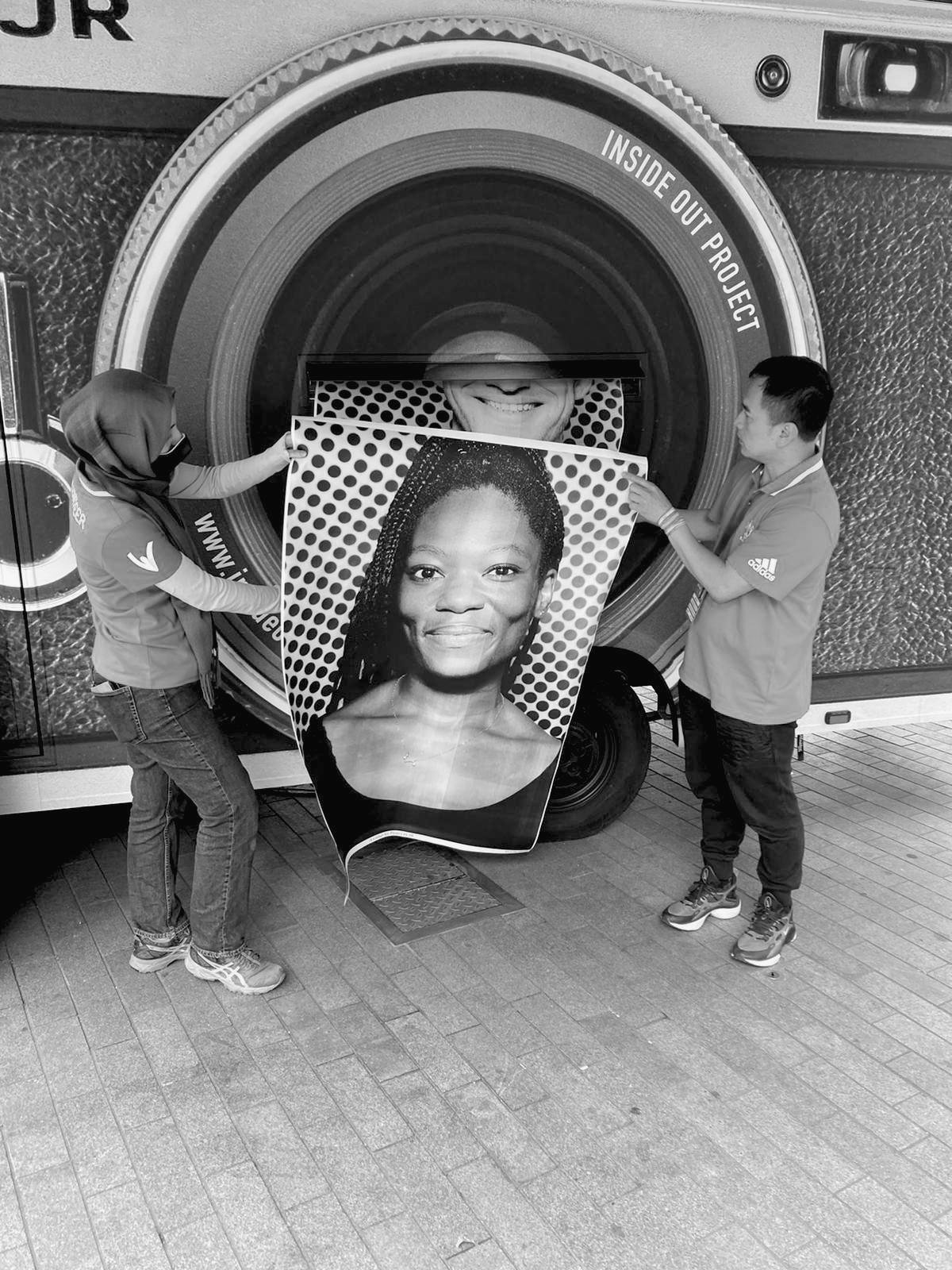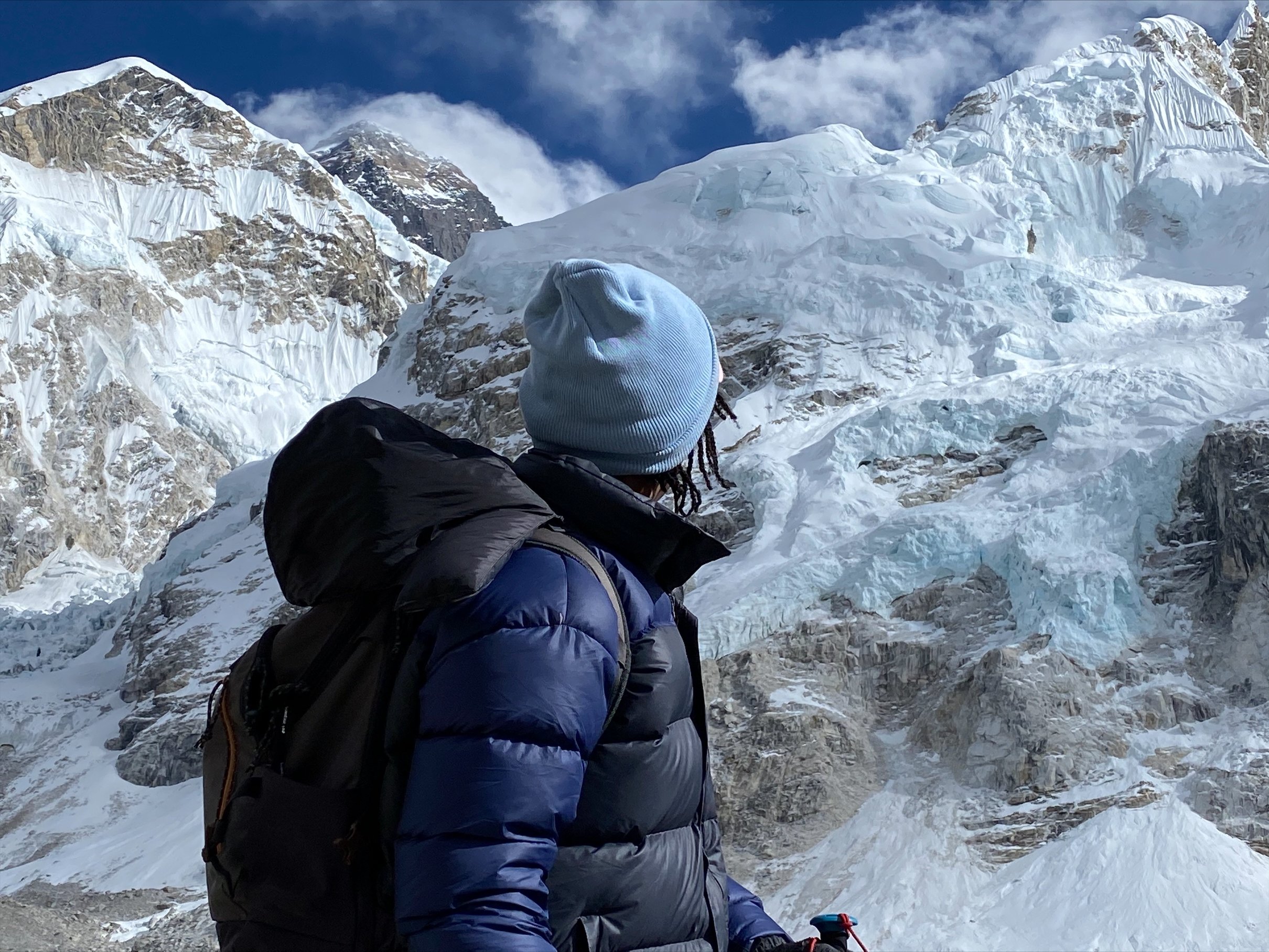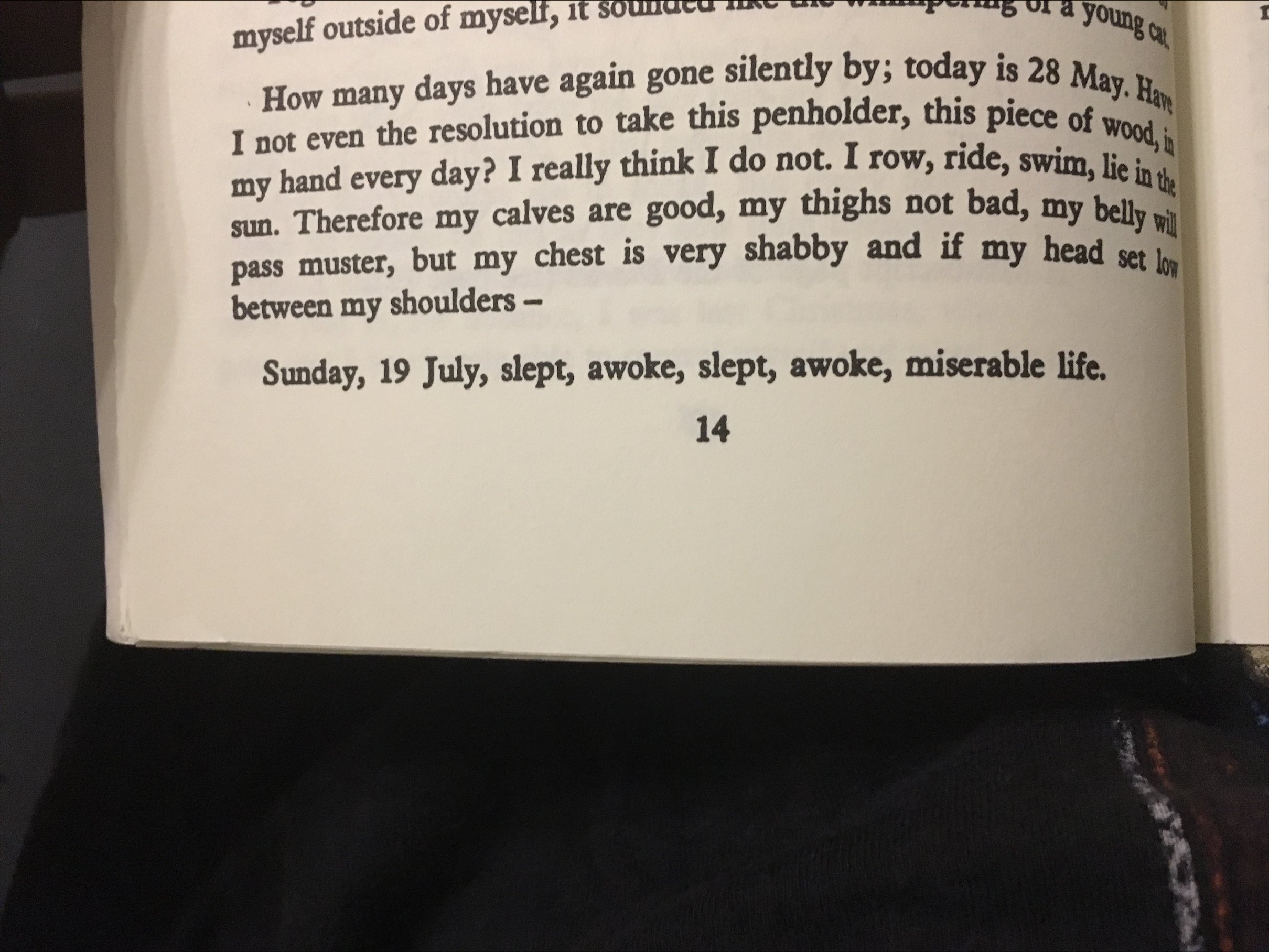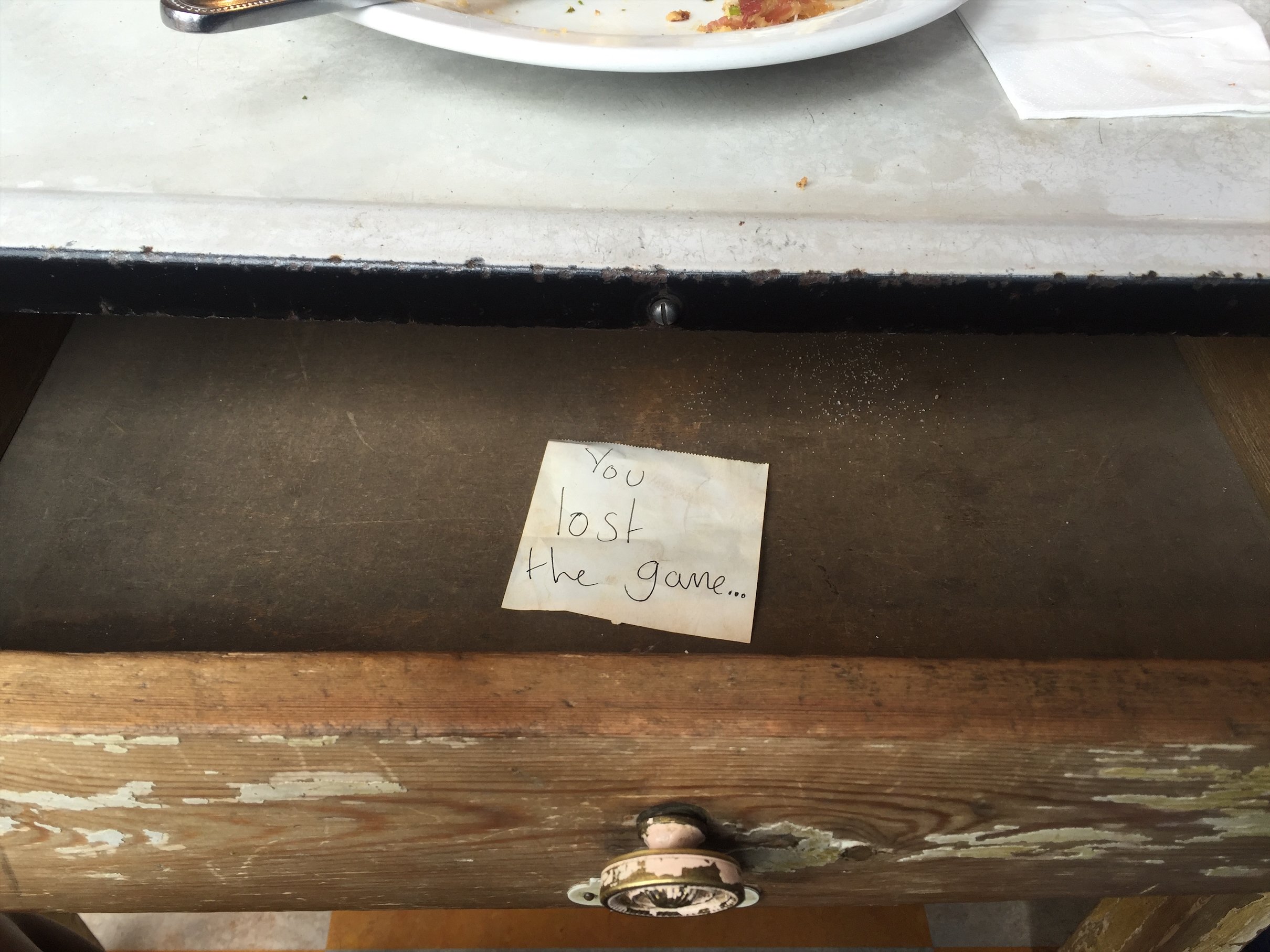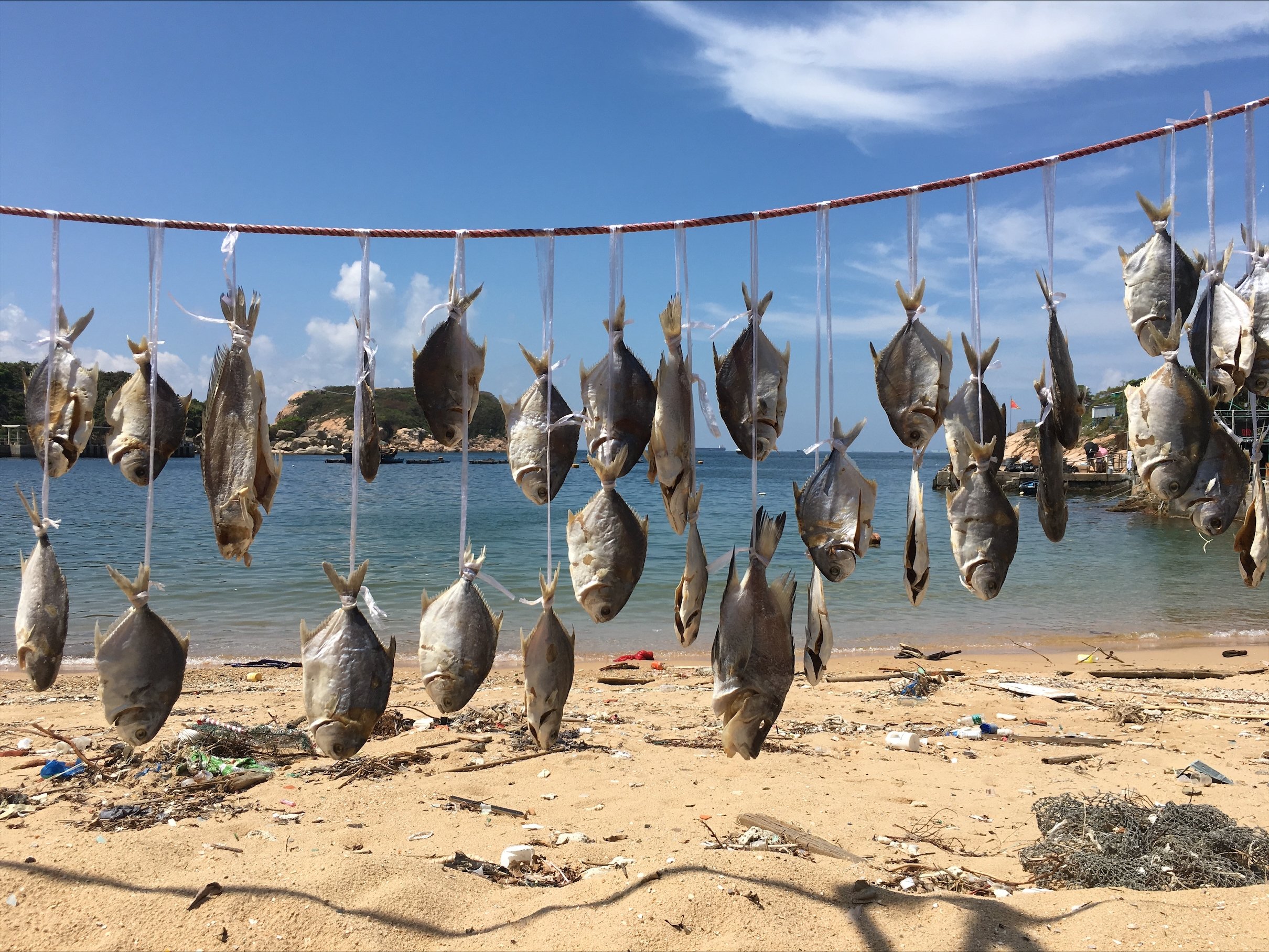5 Things We Learned... Ese Erheriene
ESE ERHERIENE, WRITER
LONDON, UK
Ese Erheriene is a writer of short stories, fiction and poetry. Her life-writing has been published in The Wall Street Journal.
A journalist by profession, Ese was born and raised in Southwark and Lewisham. She has lived in France – where she received her first master’s degree, Norway – where she was an Erasmus exchange student, and across Asia. She worked at The Wall Street Journal, in London and Hong Kong, for nearly six years. In 2020, Ese moved to inland Portugal for a year to write about identity, [dis]connection and culture. She returned to London to take up a master’s degree in Creative & Life Writing at Goldsmiths. She is currently working on a collection of poems about her trek to Everest Base Camp and a novel on immigrants over generations.
Here are 5 Things We Learned about Ese.
What made you...you?
The ancestors. Be they literary (pick any at random from Claudia Tate’s ‘Black Women Writers at Work’ / the Nigerian canon post-1950 / contemporary Black British wordsmiths), or my personal lineage (I am the daughter of hardworking, creative immigrants to 1980s London). They all made my path a little smoother, a little more walkable. I’m a philosophy graduate and one of the first things I learned in class is that all philosophy is a conversation that has been going on for centuries. That’s kind of how I feel — like I am the continuation of something. Exactly ‘what’ is my life’s (and writing’s) work to find out.
When are you happiest?
I’m happiest in transit. When travelling — ideally to a place I have never been — I feel like I exist in an eternal present: I’m more aware of my surroundings, more open to novel encounters and experiences, better able to look at my everyday life with some perspective. Motion is my meditation.
Would you rather have a muse or be a muse?
Neither seem as appealing as they did when I was younger, but I think I’d rather be a muse — because I wouldn’t want my creativity or my inspiration to be tied so directly to something outside of myself. To be a muse is definitely a responsibility, but to have a muse must be maddening or frightening — or both.
Who do you admire?
Survivors. Whether of Big Things (refugees, victims of violence, any kind of injustice) or of Small Things (not getting that job / person / thing you're sure you wanted; the voice inside your head that says you can’t; the tiny, quiet disappointments that make up a life). I connect at a deeper depth with people who have overcome something — to the beauty of their resilience. It helps me to be brave.
What is important?
The foundational aspects of Maslow’s hierarchy of needs aside (food, shelter, love), I think growth is important. The ability to accept the positive influence of others — and to positively influence others — is how we evolve. And it’s important to me to always try to be a better human. Without self-evolution, what are we?
Portrait and all images provided by Ese.

